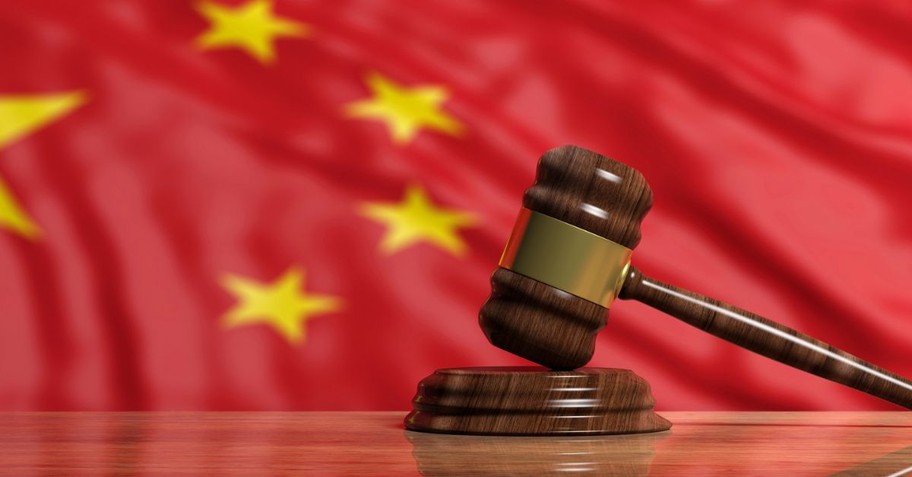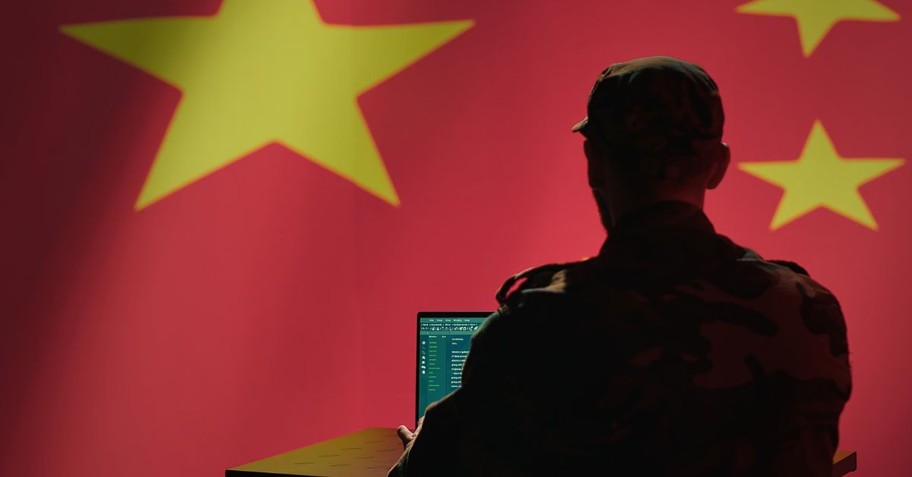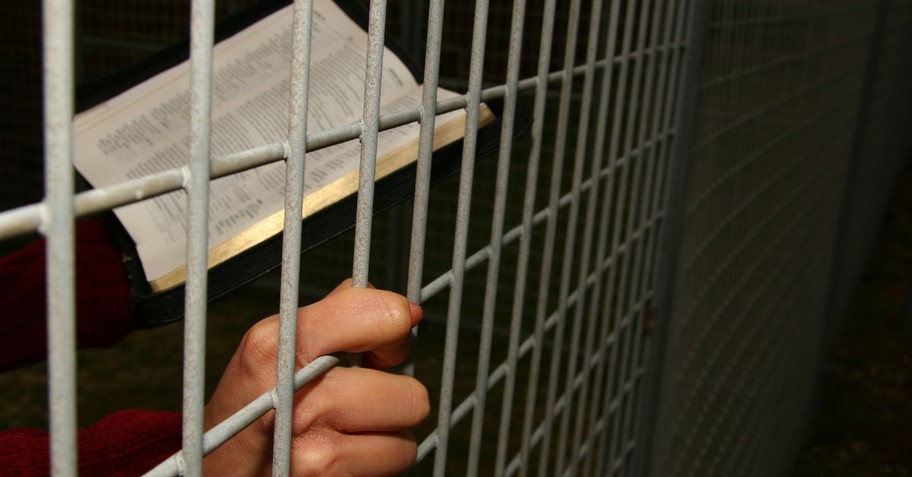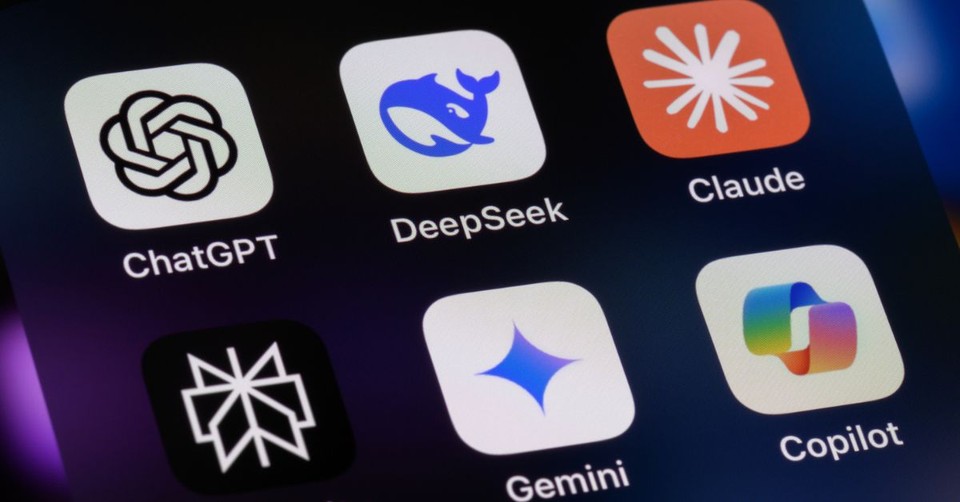DeepSeek, a Chinese-owned AI chatbot, became the most downloaded app in America last week. Much like the San Francisco-based ChatGPT, created by OpenAI, DeepSeek has the ability to virtually chat with users, solve problems, write essays, create computer programming, and more.
ChapGPT has a free version, but payment is required to access more advanced features. In contrast, DeepSeek is free to use, making it an appealing choice for many users. For developers, DeepSeek is cheaper as well, with DeepSeek charging $0.55 per million input tokens and OpenAI charging $15 for the same thing.
While both apps appear to have a similar output on many tasks, DeepSeek is the second Chinese-affiliated app, after TikTok, to come under fire in recent weeks over concerns for U.S. national security.
The company, founded by Liang Wenfeng, a 40 year-old Chinese entrepreneur and investor, in 2023, has significantly upped China’s stance in the tech world as a legitimate competitor. It has also garnered global attention. Here are five things to know about the app.
Photo Credit: ©Getty Images/Kenneth Cheung

1. The App Is Beholden to Chinese Law
A concerning difference between DeepSeek and ChatGPT is that DeepSeek is required to divulge data to Chinese authorities if requested.
Vaguely worded Chinese legislation all but invites its government to obtain and misuse data on anyone who uses the app.
Per DeepSeek’s statement on its rules and regulations, users’ permission is not needed to collect their information under certain circumstances.
Such circumstances include data deemed “necessary for [DeepSeek] to perform [its] obligations under laws and regulations.” The regulations included in DeepSeek’s statement assert it must follow Chinese law, two of which may be cause for alarm.
According to China’s National Intelligence Law, “an organization or citizen shall support, assist in and cooperate in national intelligence work in accordance with the law and keep confidential the national intelligence work that it or he knows.”
Additionally, the United States National Counterintelligence and Security Center stated in 2023 that China’s Counter Espionage Law “expands the definition of espionage from covering state secrets and intelligence to any documents, data, materials, or items related to national security interests, without defining terms.” The report explains that “any documents, data, materials, or items could be considered relevant…due to ambiguities in the law.”
The ill-defined verbiage of laws like the National Intelligence Law and Counter Espionage Law opens the door for Chinese authorities to acquire sensitive data on anyone they deem a threat, thereby weaponizing seemingly innocuous apps like DeepSeek.
Photo Credit: ©Getty Images/Rawf8

2. The App’s Developers Circumnavigated High Costs and a Chip Ban
Another key contrast between DeepSeek and similar chatbots is that DeepSeek’s engineers claim the app was far cheaper to create when compared with related tech currently on the market.
For comparison, most chatbot apps, like ChatGPT, Meta AI, and others, cost hundreds of millions of dollars to design, develop, and train. Conversely, DeepSeek allegedly cost just under $6 million to develop.
A major reason for the vastly lower cost of DeepSeek is that its developers were able to launch the app with far fewer advanced computer chips than its competitors. While most AI models rely on supercomputing which harnesses an estimated 16,000 chips for productivity, DeepSeek claims to have only used 2,000, though some experts are skeptical of the figure.
Tech firm Nvidia is a major producer of the specialized chips needed for most AI ventures. As nations around the globe compete to become leaders in the AI race, advanced chips, like those from Nvidia, are in high demand.
In an effort to throw a roadblock on the Asian nation’s ability to compete in the AI space, the Biden administration restricted exports of the chips to China. However, it seems that the computer scientists at DeepSeek found a way around the restriction, engineering a path for large-scale AI without the need for a large amount of the specialized chips. In a technical report released by the tech company, DeepSeek details its intricate development process, which used “a strong Mixture-of-Experts (MoE) language model.”
Photo Credit: ©Getty Images/DragonImages

3. Some of the Chat on DeepSeek Is Censored to Favor the Chinese Communist Party (CCP)
Alarms have been raised over the app’s censoring of information that disfavors China.
For example, when asked about the Tiananmen Square incident in Beijing in June 1989, where protesters calling for increased freedom for individuals in China were massacred by the Chinese military, DeepSeek shut down the conversation.
According to NBC News, when DeepSeek was asked sensitive questions to China, or ones with the potential to present China in a bad light, the app either evaded response or provided answers with a pro-China bias.
“DeepSeek either declined to answer or produced an answer that took an explicitly pro-Chinese government stance, whereas ChatGPT’s responses appeared consistently more neutral or in line with non-Chinese sources,” the report states.
The CCP is notorious for stemming the flow of free information and censoring what it views as unfavorable, especially for its own citizens. According to Freedom House, China has “the world’s most sophisticated internet censorship apparatus,” and “the breadth of censorship leaves Chinese users with a highly controlled, monitored, and manipulated version of the internet.”
Photo Credit: ©Getty Images/Dragos Condrea

4. Several Countries and Agencies Have Banned DeepSeek Due to Security Threats
Italy has banned the app due to the way in which it deals with personal information. The European nation disputed the way data is stored and what types of personal information is being gathered. Regulators in France and Ireland also began questioning DeepSeek’s data handling following the Italian ban.
Taiwan also banned all departments of its government from using the app due to privacy concerns and fears over national security. Taiwan and China have long been at odds over China’s claims of dominion over the island nation and Taiwan’s insistence on independence.
Similarly, Australia decided to ban the app for government officials over security concerns.
In the U.S., the state of Texas, the U.S. Navy, and NASA have all placed bans on DeepSeek, also citing security concerns.
In Texas, government devices will be prevented from downloading the app.
Texas governor Greg Abbott said in a statement on Friday that the state must be protected from potential threats from Chinese actors.
“Texas will not allow the Chinese Communist Party to infiltrate our state’s critical infrastructure through data-harvesting AI and social media apps,” Abbott said. “To achieve that mission, I ordered Texas state agencies to ban Chinese government-based AI and social media apps from all state-issued devices. State agencies and employees responsible for handling critical infrastructure, intellectual property, and personal information must be protected from malicious espionage operations by the Chinese Communist Party. Texas will continue to protect and defend our state from hostile foreign actors.”
Photo Credit: ©Getty Images/PRImageFactory

5. Christians Should Exercise Caution When Downloading DeepSeek as China Persecutes Christ Followers
The official ruling party of China, the CCP, has long persecuted Christians for their faith. Christ followers are routinely harassed and imprisoned, and cases of crosses being removed from churches have also been reported. Additionally, according to a report from Open Doors, “children under 18 are banned from attending religious activities.”
The report states that “male Christian leaders are particularly targeted for government surveillance. Catholic priests and high-profile house church leaders have been abducted. In these instances, men may be physically abused, including being beaten by police officers. While in detention, many men are traumatized.”
In 1982, the CCP released a paper explaining its viewpoint on religion.
“Only after the gradual development … of a socialist civilization, with its own material and spiritual values, will … religion gradually disappear,” the paper states. “Only when we enter this new age will all that shows a religious face in the present world finally disappear.”
Additionally, the State Dept. in 2023 explained that “authorities continued to require CCP members and members of the armed forces to be atheists and forbade them from engaging in religious practices.”
Given the official CCP stance on religion and Christianity, Christ followers should exercise prudence and caution when considering whether or not to download and potentially share sensitive personal information with the Chinese government.
Christians should remember they are called not only to be gentle and loving but also discerning and shrewd.
As Matthew 10:16 teaches, “Behold, I send you out as sheep in the midst of wolves. Therefore, be wise as serpents and harmless as doves.”
Photo Credit: ©Getty Images/seechung
Originally published February 05, 2025.








